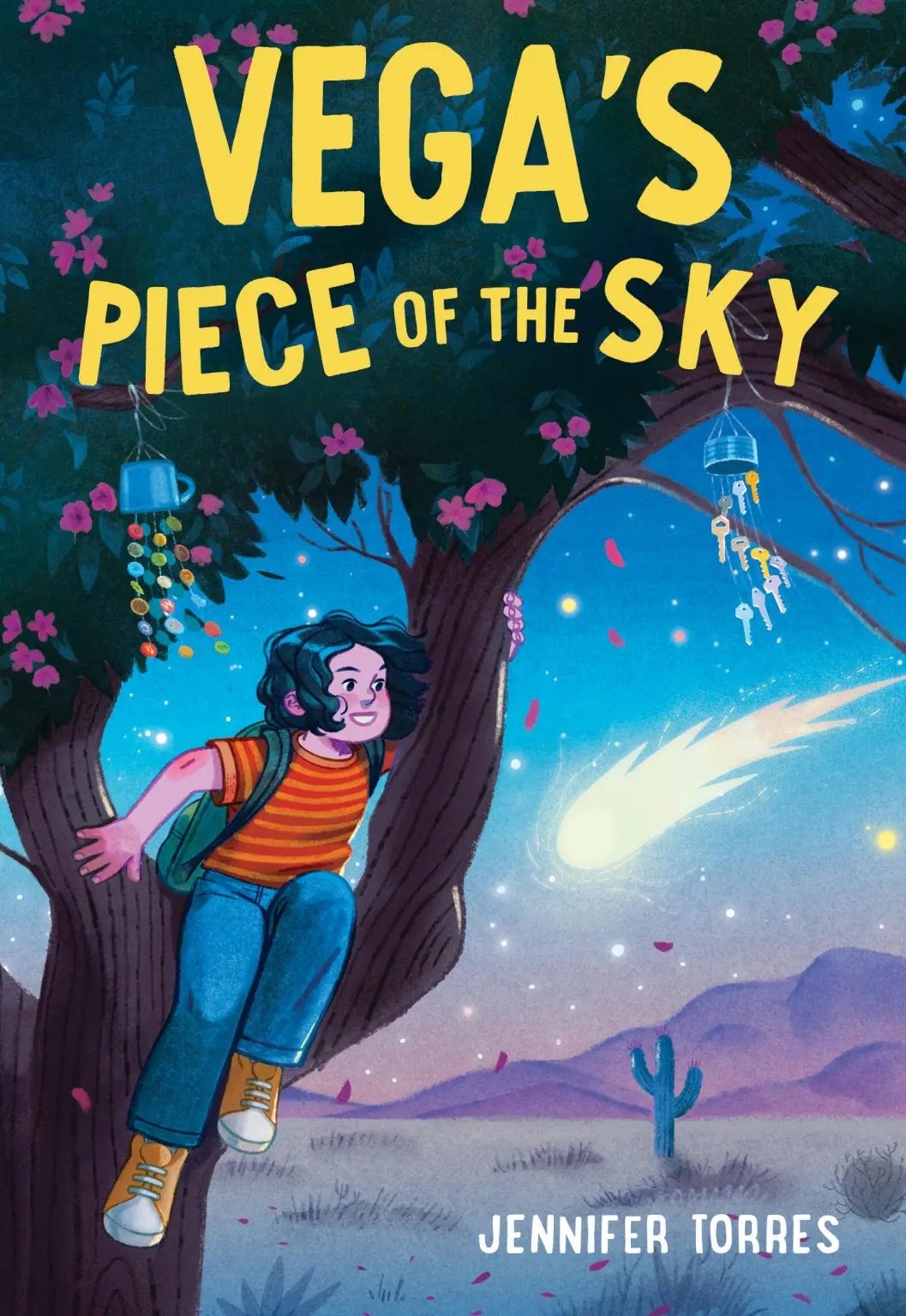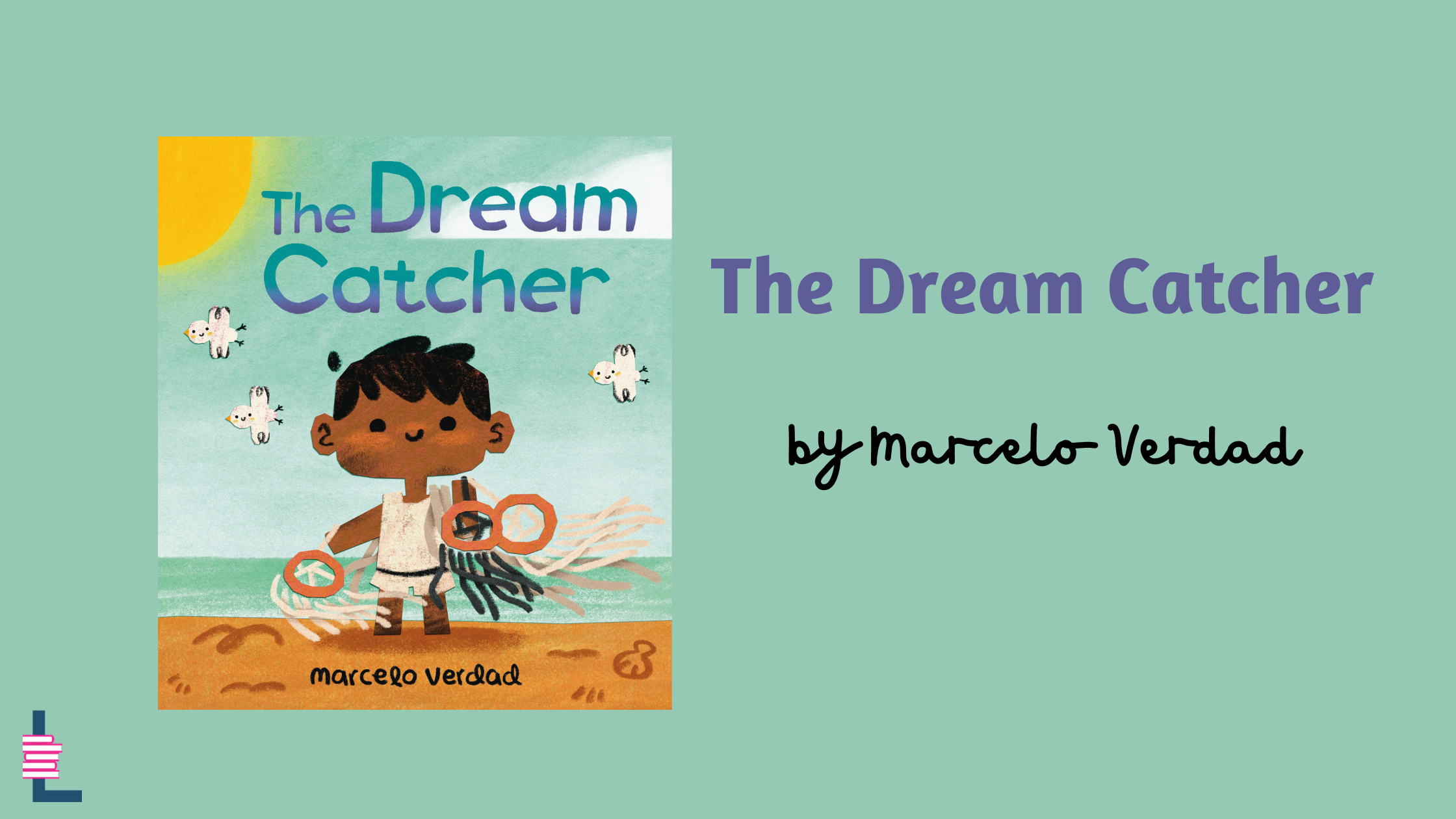With Father’s Day just around the corner, reflecting on the father figures in our lives is inevitable. Here is a list of books that show the beautiful, and sometimes complex, relationships we have with them.
My Papi Has a Motorcycle by Isabel Quintero|Illustrated by Zeke Peña
When Daisy Ramona zooms around her neighborhood with her papi on his motorcycle, she sees the people and places she's always known. She also sees a community that is rapidly changing around her.
But as the sun sets purple-blue-gold behind Daisy Ramona and her papi, she knows that the love she feels will always be there.
With vivid illustrations and text bursting with heart, My Papi Has a Motorcycle is a young girl's love letter to her hardworking dad and to memories of home that we hold close in the midst of change.
Abuelo, the Sea, and Me by Ismée Williams|Illustrated by Tatiana Gardel
When this grandchild visits her abuelo, he takes her to the ocean. In summer, they kick off their shoes and let the cool waves tickle their toes. In winter, they stand on the cliff and let the sea spray prick their noses and cheeks. No matter the season, hot or cold, their favorite place to spend time together is the beach.
It’s here that Abuelo is able to open up about his youth in Havana, Cuba. As they walk along the sand, he recalls the tastes, sounds, and smells of his childhood. And with his words, Cuba comes alive for his grandchild.
Stef Soto, Taco Queen by Jennifer Torres
Tacos. Burritos. Guacamole. Estefania "Stef" Soto is itching to shake off the onion-and-cilantro embrace of Tia Perla, her family's taco truck. Although Papi is always ready to comfort her with his food, Stef wants nothing more than for him to get a normal job and for the taco truck to be a distant memory. Then maybe everyone at school will stop calling her the Taco Queen.
But when her family's livelihood is threatened, and it looks like her wish will finally come true, Stef surprises everyone (including herself) by becoming the truck's unlikely champion. In this fun and heartfelt novel, Stef will discover what matters most and ultimately embrace her identity, even if it includes old Tia Perla.
Ander & Santi Were Here by Jonny Garza Villa
Finding home. Falling in love. Fighting to belong.
The Santos Vista neighborhood of San Antonio, Texas, is all Ander Martínez has ever known. The smell of pan dulce. The mixture of Spanish and English filling the streets. And, especially their job at their family's taquería. It's the place that has inspired Ander as a muralist, and, as they get ready to leave for art school, it's all of these things that give them hesitancy. That give them the thought, are they ready to leave it all behind?
To keep Ander from becoming complacent during their gap year, their family "fires" them so they can transition from restaurant life to focusing on their murals and prepare for college. That is, until they meet Santiago López Alvarado, the hot new waiter. Falling for each other becomes as natural as breathing. Through Santi's eyes, Ander starts to understand who they are and want to be as an artist, and Ander becomes Santi's first steps toward making Santos Vista and the United States feel like home.
Until ICE agents come for Santi, and Ander realizes how fragile that sense of home is. How love can only hold on so long when the whole world is against them. And when, eventually, the world starts to win.
Featuring a dad who undoubtedly supports his children’s preferences and decisions, Ander & Santi Were Here will warm up your heart this Father’s Day.
The House of Broken Angels by Luis Alberto Urrea
"All we do, mija, is love. Love is the answer. Nothing stops it. Not borders. Not death."
In his final days, beloved and ailing patriarch Miguel Angel de La Cruz, affectionately called Big Angel, has summoned his entire clan for one last legendary birthday party. But as the party approaches, his mother, nearly one hundred, dies, transforming the weekend into a farewell doubleheader. Among the guests is Big Angel's half brother, known as Little Angel, who must reckon with the truth that although he shares a father with his siblings, he has not, as a half gringo, shared a life.
Across two bittersweet days in their San Diego neighborhood, the revelers mingle among the palm trees and cacti, celebrating the lives of Big Angel and his mother, and recounting the many inspiring tales that have passed into family lore, the acts both ordinary and heroic that brought these citizens to a fraught and sublime country and allowed them to flourish in the land they have come to call home.
Elizabeth Cervantes is a proud Mexican book lover. She has a bachelor’s in Multimedia Journalism from the University of Texas at El Paso and is currently working on obtaining her master’s in Publishing at Pace University. When she is not studying and reading for her classes, you can find her crying, swooning, or locking her doors while reading children’s books, romance novels, and mysteries/thrillers.

























